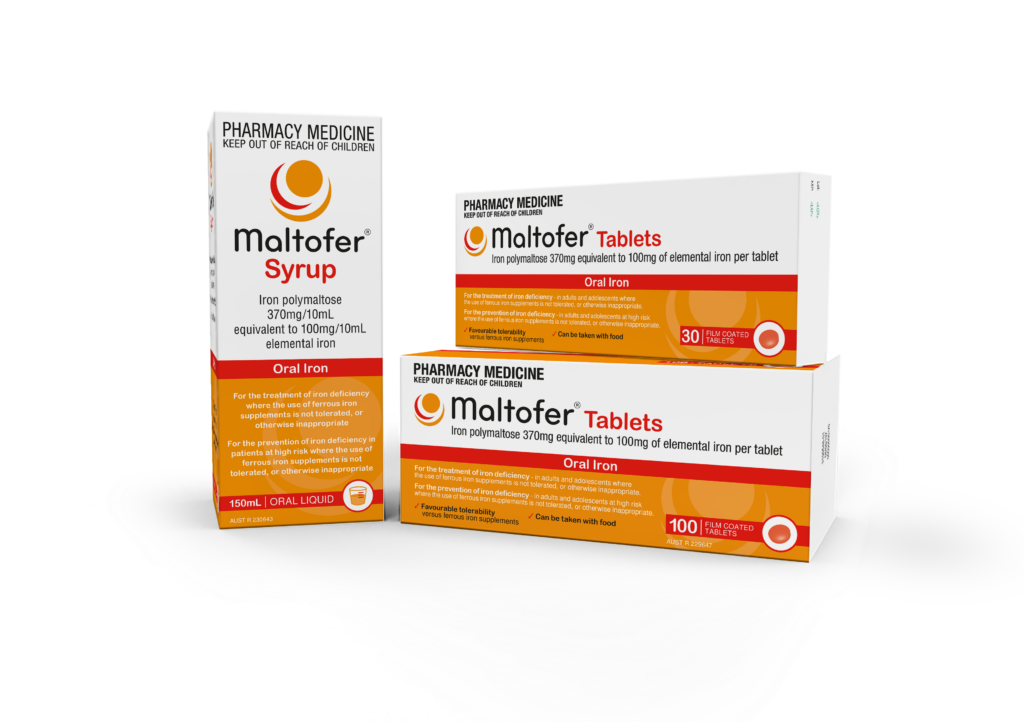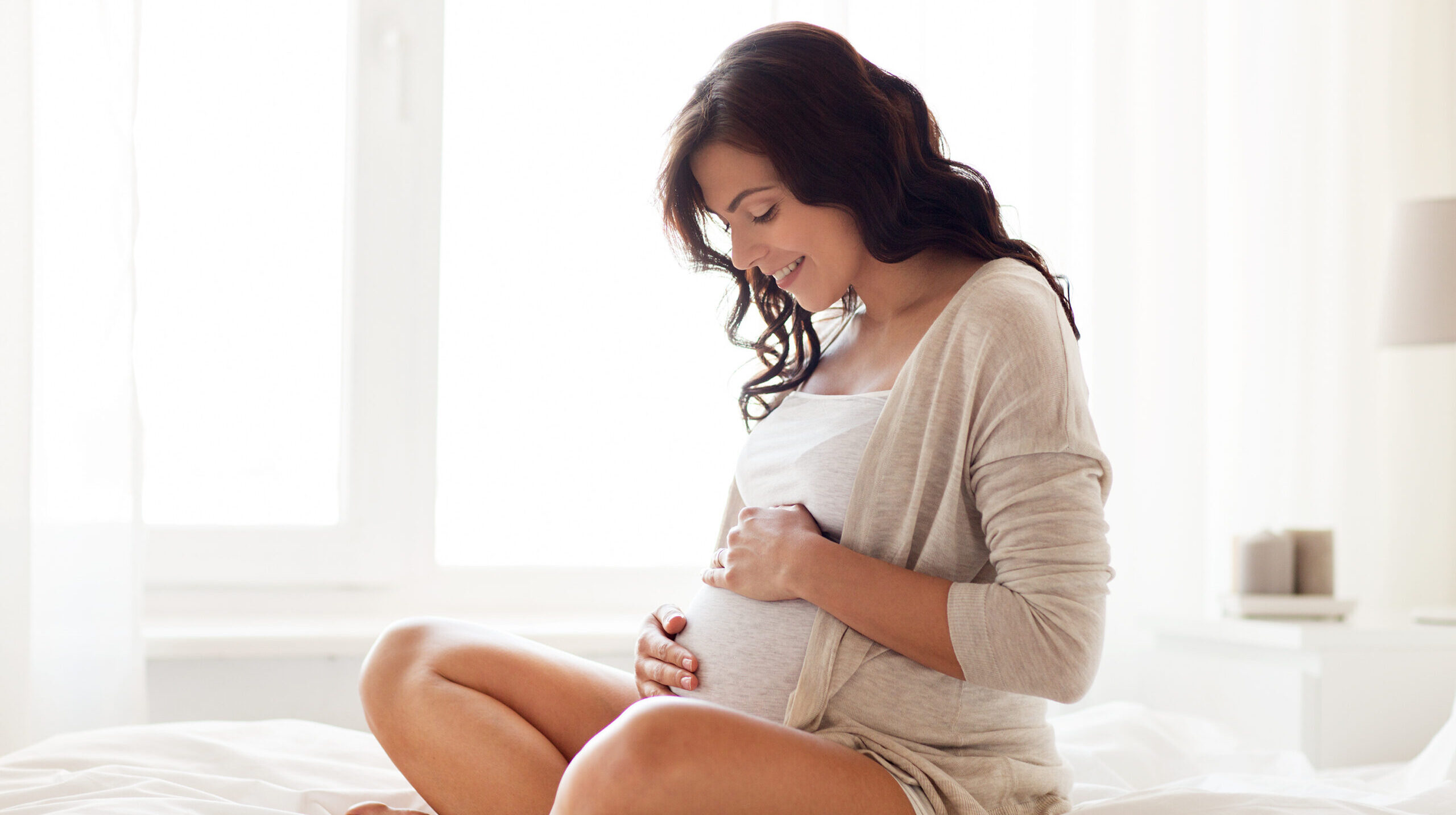Carrying a tiny human is amazing, but it also means additional nutritional demands on your body.
Did you know your body needs more blood to help look after your growing baby? And to help make more blood, you need more iron.
Low iron in pregnancy is common. One study showed 68 to 82% of pregnant women did not meet recommended daily intake for iron.
Here, we explore some practical tips to help you prevent iron deficiency during pregnancy.
Understanding Iron Needs During Pregnancy
As your pregnancy advances, you need a larger volume of blood to support both you and your growing baby. More blood means more red blood cells. And to make these additional cells, you need more iron. Iron is essential to the production of red blood cells, alongside other vitamins like folate and vitamin.
You may feel tired and foggy if your iron levels are too low. Iron deficiency could also affect your baby’s health, potentially leading to lower birth weight or premature delivery.
Unlike vitamin B12 and folate, iron is difficult to absorb. To get enough iron during pregnancy, you need to consume around 27mg of iron each day. That’s almost double what you usually need (around 18mg) and more than triple what non-pregnant or non-menstruating adults need (around 8mg).
Meeting this increased iron need can be challenging.
The main reason for low iron during pregnancy is insufficient iron in the diet. However, other factors can make maintaining iron levels during pregnancy difficult, including:
- Other health conditions
- Severe morning sickness
- Pregnancies close together
- Absorption disorders or past history of very low iron levels
What are the Signs of Low-Iron During Pregnancy?

It’s pretty normal to feel more tired than usual when you’re pregnant. You are growing another human, after all. But fatigue is also one of the most common signs of low iron.
Other symptoms of very low iron levels include:
- Feeling weak
- Poor concentration
- Dizziness
- Increased risk of infections
Your doctor will help you keep an eye on your iron levels throughout your pregnancy, with blood tests usually offered at your first prenatal visit and again at 28 weeks.
If you have low iron levels during pregnancy, your doctor will suggest ways to manage them. This may include changing your diet or using an iron supplement like Maltofer.
Dietary Iron: Choosing the Right Foods

It’s not impossible to meet your iron needs through a balanced diet. That means including plenty of iron-rich foods such as:
- Red meat
- Fish
- Chicken
- Legumes
- Nuts
- Green leafy vegetables
- Dried fruits
- Iron-enriched breakfast cereal
It’s important to know that your body can absorb iron more easily from animal sources (haem iron) than from plant sources (non-haem iron). You can boost the amount of iron you get from plant sources by pairing them with vitamin C-rich foods like fresh fruit. Including animal-based iron sources in the same meal can also help iron absorption from plant sources.
Also, try to avoid eating non-haem iron-rich foods at the same time as “iron blockers”. These are foods and drinks that may reduce the amount of iron you absorb from food. Iron blockers include cow’s milk (or other products high in calcium), tea or coffee.
Easy Meals and Snacks to Boost Iron Intake in Pregnancy
It’s not too hard to add iron-rich foods to your meal plan. Here’s a simple meal plan you could follow:
Breakfast:
Try wholegrain toast with peanut butter or baked beans, together with orange juice or fresh fruit.
Lunch:
A wholemeal sandwich with freshly cooked meat, chicken or tuna with baby spinach or rocket, followed by a piece of fresh fruit or yoghurt.
Dinner:
Prepare a lean portion of red meat, fish, chicken, or legumes and serve with a healthy portion of steamed vegetables which include green leafy vegetables together with brown rice or fresh fruit.
Including iron-rich snacks in your daily routine can also help boost your iron intake. Consider:
- A handful of nuts like cashews, pine nuts, pistachios or almonds.
- Peanut butter or vegemite spread on some iron-fortified wholemeal bread.
- A few dried prunes may boost your iron.
- Wholemeal dry crackers with dried fruit and nuts
While getting adequate iron during pregnancy can be a challenge, it’s possible. If you struggle to meet your iron needs, chat with your healthcare provider to see if using an iron supplement is appropriate for you.
When can Iron Supplements like Maltofer help?
For some women, dietary changes alone may not provide enough iron during pregnancy.
Iron supplements like Maltofer can be helpful if you have iron deficiency during pregnancy. As your healthcare provider monitors your iron levels, they are best placed to recommend the right iron supplement for your situation.
Not all iron-containing supplements have enough iron to make a difference if you are iron deficient. The amount of iron in supplements that you can buy from supermarkets, pharmacies or health food stores varies a lot. Be sure to check the amount of elemental iron in a supplement before you use it.

Maltofer contains 100 mg of elemental iron per dose and is for the treatment of iron deficiency in adults and adolescents where the use of ferrous iron supplements is not tolerated, or otherwise inappropriate. Ask your doctor or pharmacist if you’re not sure if your supplement has the amount of elemental iron you need.
Avoid self-diagnosing iron deficiency or taking iron supplements without consulting with your doctor. It is possible to take too much iron. And since our bodies can’t remove excess iron, it can build up in our organs and cause harm.
You don’t have to struggle with low iron during pregnancy. It’s possible to prevent and manage iron deficiency with some smart changes to your diet or using an iron supplement as directed by your healthcare provider.





